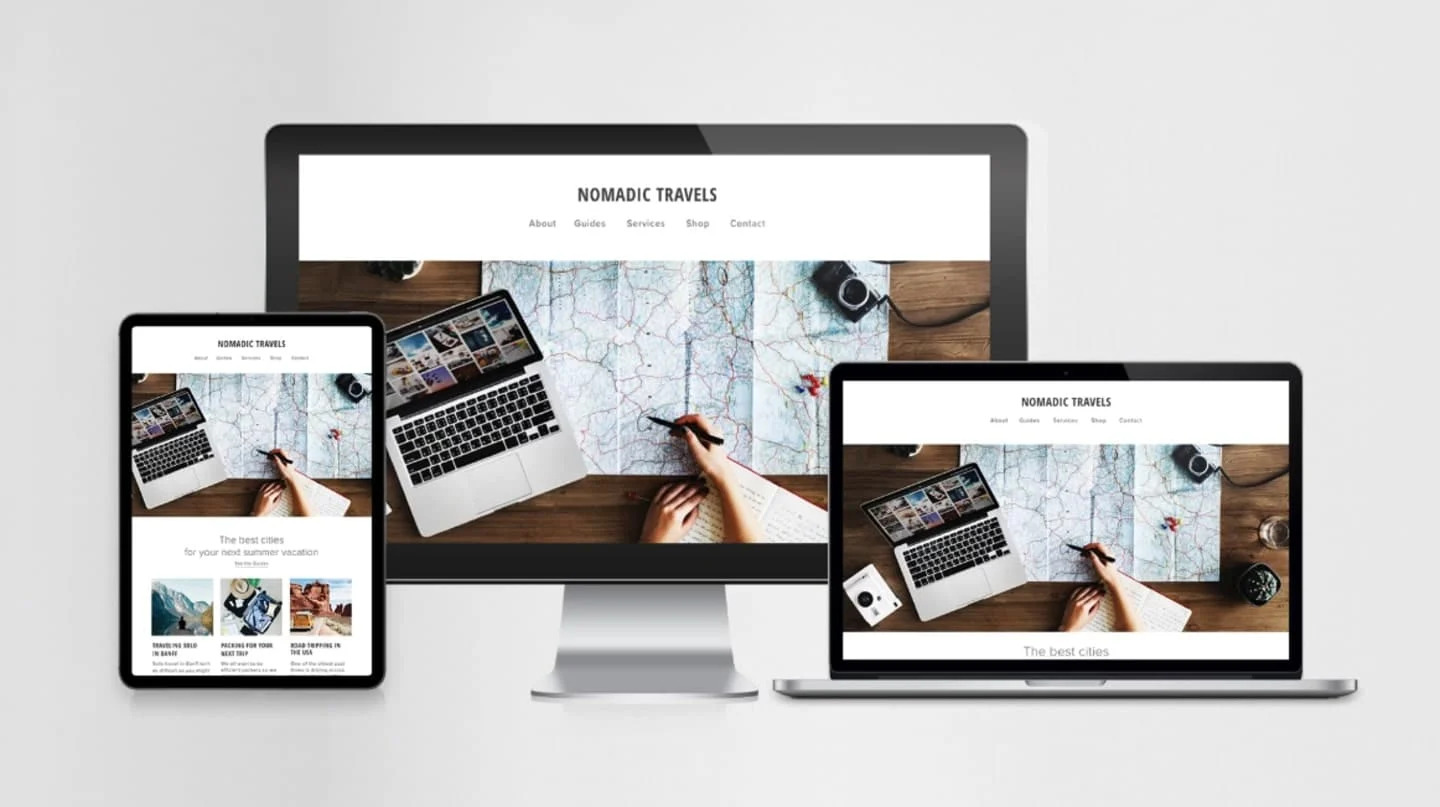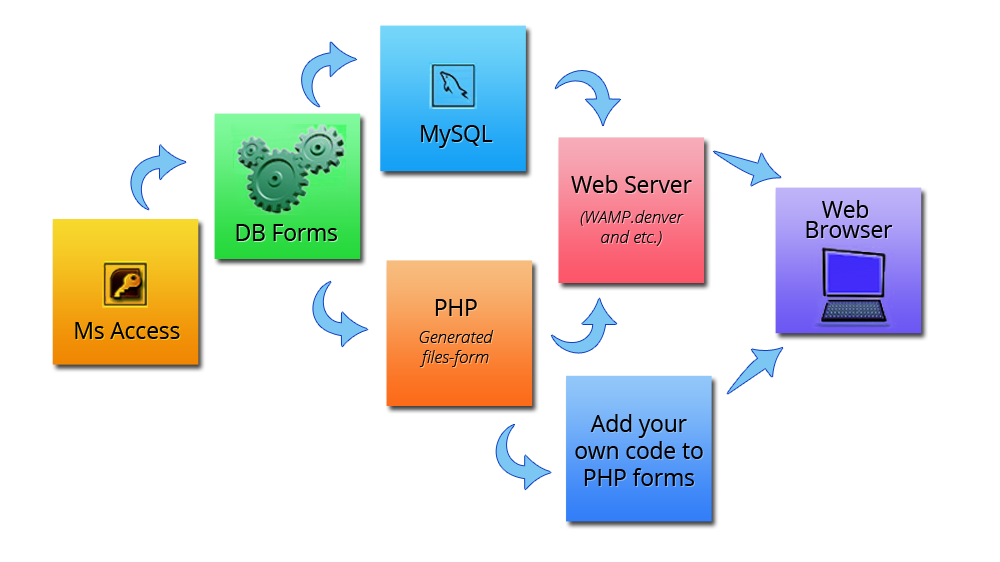
In today’s digital landscape, a startup’s website is often the first interaction customers have with the brand. With the growing use of mobile and tablet devices, having a responsive website—one that adapts seamlessly to any screen size—is no longer a luxury, but a necessity.
In 2025, user expectations and search engine standards have evolved. Consumers expect smooth, mobile-first experiences, and search engines reward responsive sites with better visibility. For startups aiming to grow in competitive markets, investing in a responsive website is one of the smartest decisions.
Here’s why:
1. Mobile Usage Is Still Growing
More than 60% of global web traffic now comes from mobile devices, and this trend is expected to grow in 2025. A responsive website ensures your content looks great and functions well, whether it's viewed on a smartphone, tablet, or desktop.
2. Improves User Experience (UX)
Responsive design eliminates the need for zooming, scrolling sideways, or loading different URLs for mobile. It provides a smooth, consistent experience across all devices.
3. SEO Benefits
Google uses mobile-first indexing, meaning it primarily looks at the mobile version of your site when ranking pages. Responsive sites are favored because they use a single URL and HTML for all devices, making them easier to crawl and index.
4. Faster Load Times
Responsive websites are optimized for performance across devices. With techniques like flexible images, media queries, and streamlined layouts, these sites tend to load faster—especially important for mobile users.
5. Cost-Effective Development
Maintaining one responsive website is more efficient and cost-effective than building separate versions for desktop and mobile.
6. Adapts to Future Devices
Responsive design is based on screen size, not specific devices. This future-proofs your site against new gadgets like foldables, smart TVs, and other emerging screens.
7. Builds Trust and Brand Credibility
A modern, responsive website signals professionalism. It tells visitors that your startup is current, credible, and user-focused.
8. Improves Conversion Rates
From mobile checkout flows to responsive landing pages, every part of your sales funnel performs better when it's designed to adapt to users' behavior and device.
Conclusion:
In 2025, a responsive website isn’t just a technical preference—it’s a business imperative. For startups looking to make their mark, grow fast, and scale smart, responsive web design offers the perfect balance of user experience, SEO benefits, cost efficiency, and future readiness. Investing in a responsive website is one of the smartest and most impactful moves a startup can make to set the foundation for long-term success.

.jpg)



